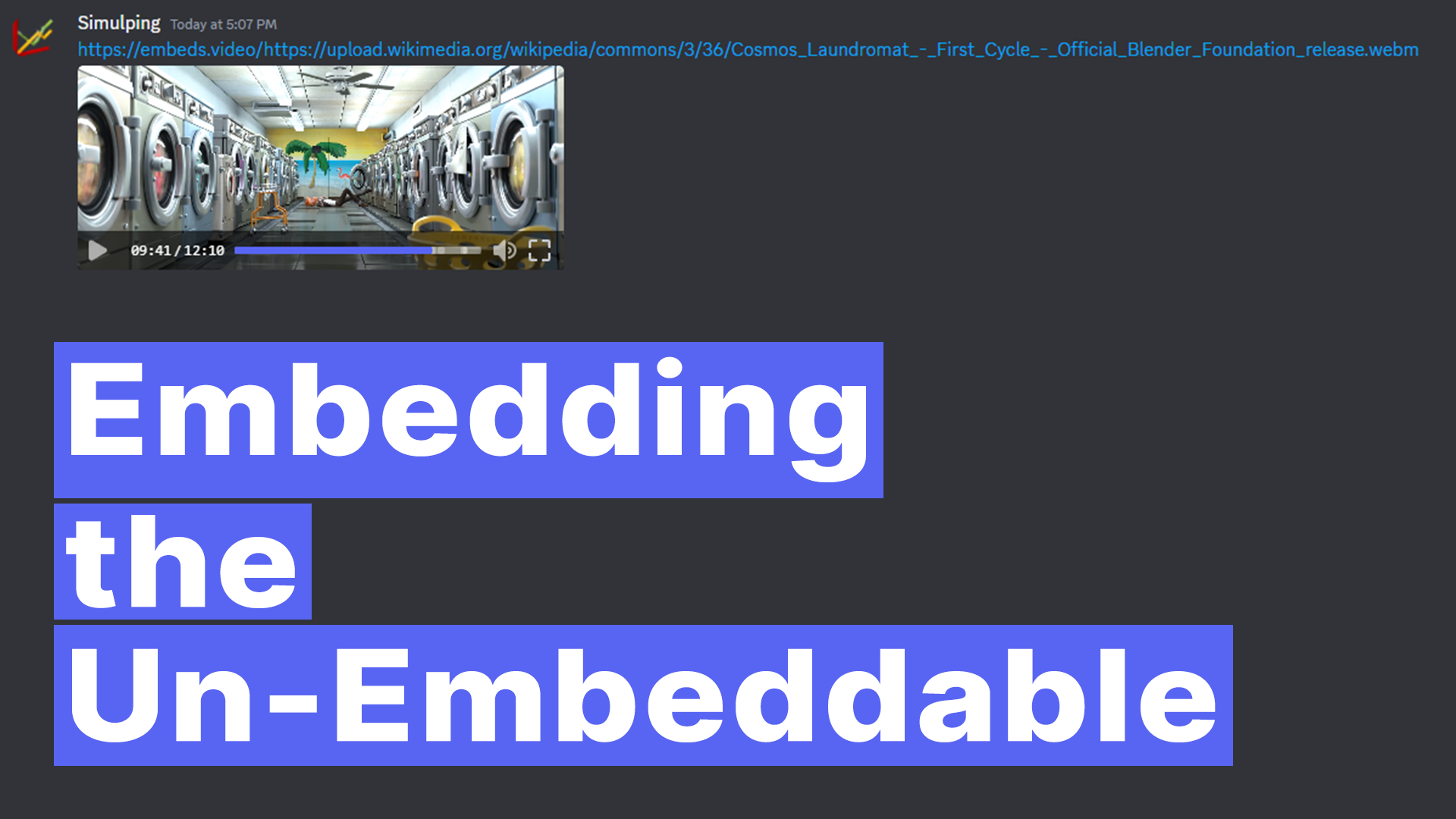Deep Dive into SVT-AV1's Evolution (Part 2): Encoder Parameters Revisited
Welcome to the second part of my SVT-AV1 testing analysis!
Welcome to the second part of my SVT-AV1 testing analysis!
It's been almost a year since SVT-AV1 v2.0.0 dropped in March 2024, and we finally got v3.0.0 in late February of this year. Minor versions v3.0.1 and v3.0.2 came along afterward with some bug fixes and ARM SIMD improvements, but they didn't meaningfully alter encoding results.
So what's actually different between these versions? I've been wanting to run tests across all the major releases from v2.0.0 to v3.0.x to see how the speed vs quality trade-offs have evolved this past year. Using SSIMULACRA2, Butteraugli, XPSNR, and VMAF (plus some methodology tweaks I'll get into), I'll break down what each version brought to the table and in a second part, we'll also deep dive a few specific options that appeared in the encoder since my first blog post release so you can figure out what you may want to use for your projects. That includes variance boost, fast decode, temporal filtering strength and a few others...
In this blog entry, we will evaluate the performance of TurboMetrics, a software which provides a GPU-accelerated implementation of SSIMULACRA2, and promises to save a lot of time in its computation.
SVT-AV1 v2.2.0 was released in late August and a minor version v2.2.1 followed suit to adress some bugs. This blog post will focus on comparing this new encoder version to the last, on the basis of benchmarks and visual comparisons. We will quantify the new trade-offs between compression efficiency and encoding speed, so you can choose the right balance for your projects. Our metrics of choice today will be SSIMULACRA2 and XPSNR, used in conjonction with a revised methodology.
Around a month ago, Codec Wiki celebrates it's very first anniversary as it officially hits one year old (Wow, that's a very long time!).
AV1 for Dummies is a comprehensive, legible guide on how to get started with AV1 at any experience level. Whether you're on Windows using your first video encoding program, or a seasoned Linux user looking to optimize your encoding pipeline, this guide has you covered.
SVT-AV1, the most scalable AV1 encoder, has received a new update and one may wonder if the old presets recommendation still holds today. We will delve into that in this blog post, based on a series of speed and visual quality benchmarks with SSIMULACRA2 and XPSNR of SVT-AV1 2.1.0 on a corpus of varied animated clips.
This blog post is based on a series of visual quality benchmarks with SSIMULACRA2 and speed benchmarks of SVT-AV1 1.8.0 on a corpus of animated clips.
The resources available will range from graphs to image comparisons (WIP). The former has the advantage of being easily understandable, showcasing pure efficiency comparisons between encoder parameters using metrics as the reference, while the latter are image samples from the encoded files during the tests that enable you to check quality for yourself and add another layer of subjective interpretation to these comparisons.
 A 567.14 MB, 12 min 11 s, 2K (2,048 x 858), VP9 + Opus, 6.51 Mbps average, Blender short film "Cosmos Laundromat"
A 567.14 MB, 12 min 11 s, 2K (2,048 x 858), VP9 + Opus, 6.51 Mbps average, Blender short film "Cosmos Laundromat"
While chatting in your favorite Discord servers & group chats, you may see a friend send a weird link. You might even consider it suspicious on first glance. It is a video featuring an image of a movie poster with a play button that is almost begging to be clicked. Naturally, you click it.
This guide will show you how to encode in AV1 the right and optimal way. Yes, you using standalone libaom, libsvtav1, and librav1e from FFmpeg or even piping yuv4mpeg into mainline aomenc are all unoptimal.